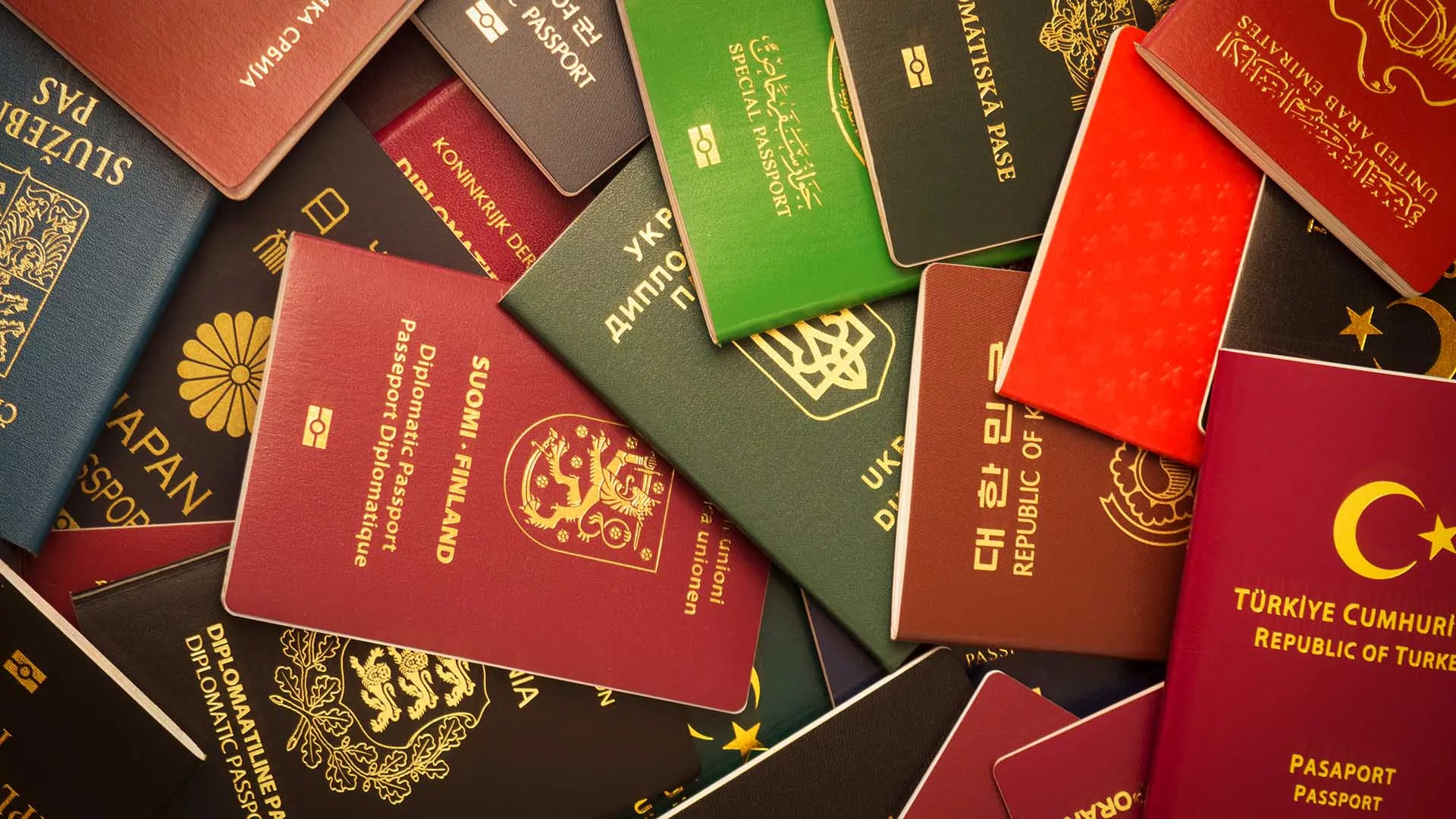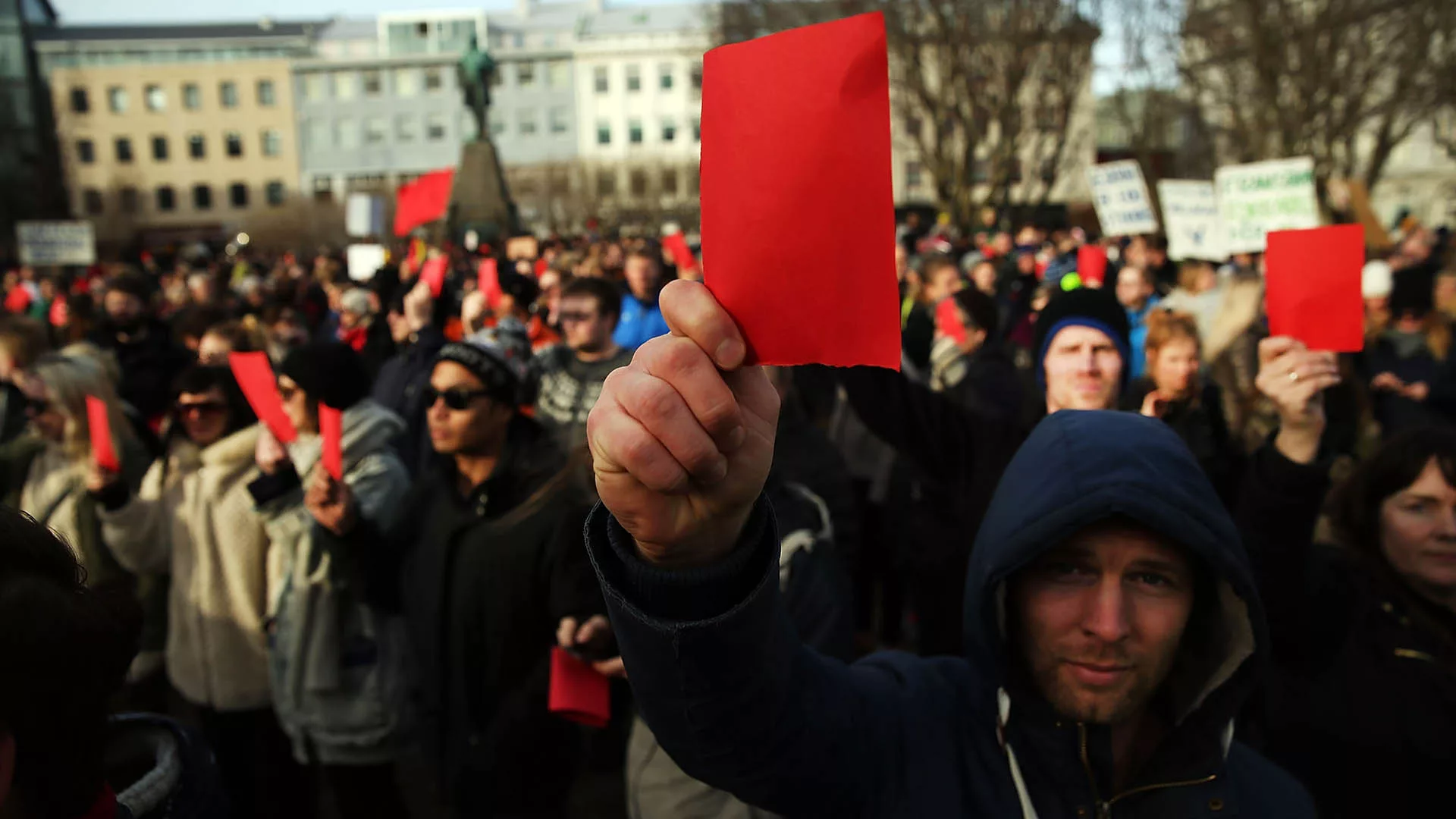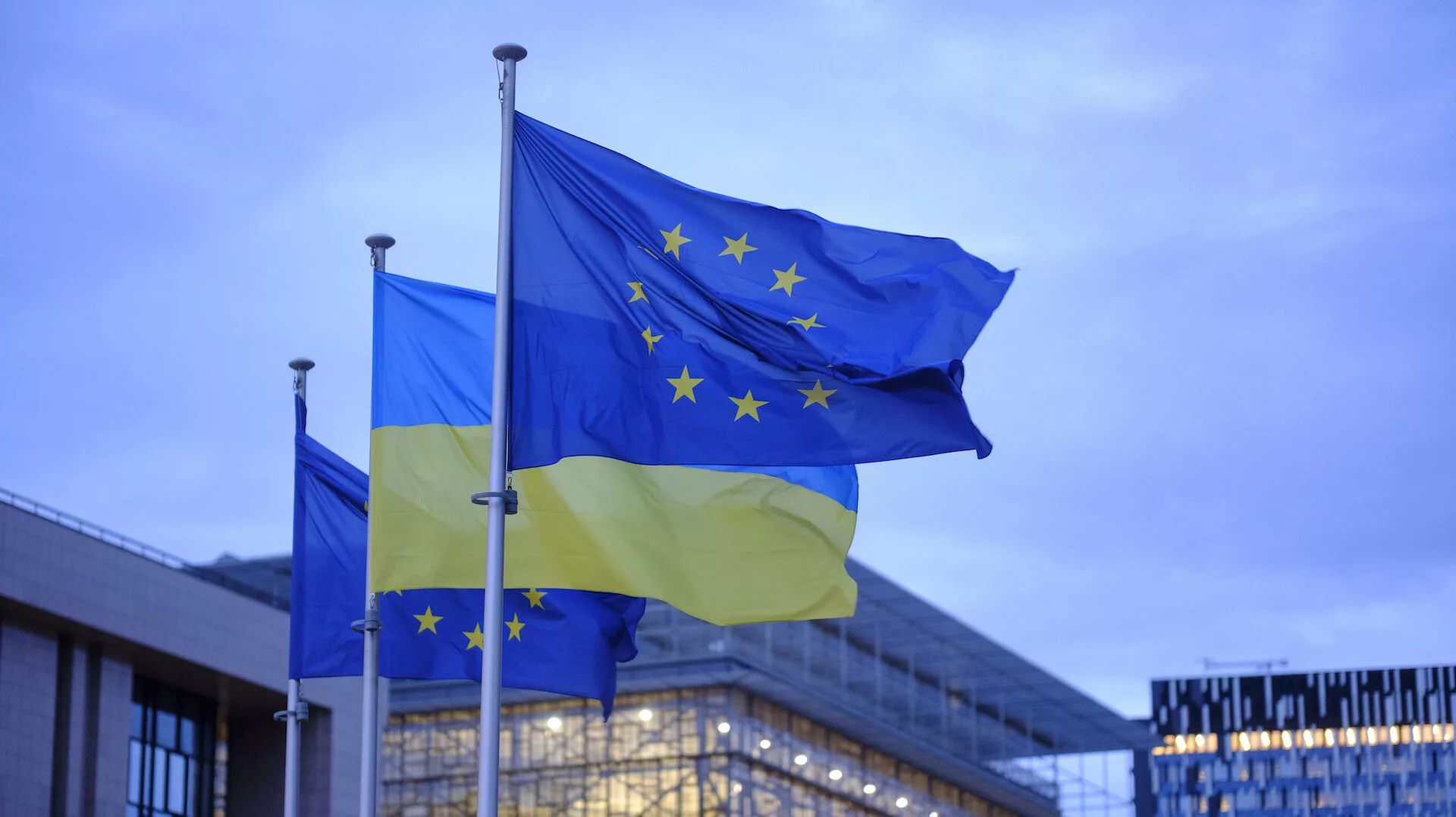This week, we lead by acknowledging World Whistleblowers Day 2022 and the role played by the often-unsung heroes who put their livelihoods, and even their lives on the line in the pursuit of openness and hopefully justice.
The G7 group of the world’s richest nations met in Germany this week, to discuss the introduction of new sanctions against Russia and explore other ways to slow down Putin’s war machine. Meanwhile, there has been intense activity among various regulatory bodies and government departments, leading to the release of a whole slew of new policies, legislation, and white papers, all aimed at curbing criminal activity.
Bribery and corruption hit the headlines again, this time involving a variety of people in high-ranking positions, ranging from former prime ministers and ministers of EU nations to the upper echelons of the Swiss banking system. And we complete this week’s Roundup with reports from around the world on money laundering and a particular focus on the role of banks in tackling (or failing to tackle) this pervasive financial crime.
23 June is now designated World Whistleblowers Dayin order to recognise the crucial role that whistleblowers play in the fight for a more just world. This year it comes with a sobering reminder that our systems are still failing to protect whistleblowers, a fact which has been reiterated by claims of sexual abuse and corruption at the United Nations which resulted in the sackings of a number of UN staff who tried to expose alleged wrongdoing.
A new documentary recounts alleged retaliation against those reporting corruption, mismanagement and sexual abuse internally in the United Nations (UN) agencies. Recounted by insiders, it provides first-hand accounts of what happens to staff when they report allegations of wrongdoing. Their stories reveal a culture of untouchability that reaches the very highest echelons of the organisation.
Dr. Francesco Zambon is a former World Health Organization (WHO) researcher and whistleblower who reported the pressure put on him by then Assistant Director Dr. Ranieri Guerra to modify a report he authored on Italy’s pandemic preparedness. In December 2020, he decided to speak out publicly and in March 2021, following the unsatisfactory response, professional isolation and demotion that made his working conditions intolerable, Zambon resigned.
The BBC has paid substantial damages and apologised to a former producer who attempted to raise concerns about Martin Bashir’s 1995 interview with Princess Diana. Mark Killick worked on Panorama at the time of the interview and alerted editors to the forged bank statements that Bashir used to obtain access to the princess, but as a result was later dismissed from his post.

The G7 group of the world’s richest nations met in Germany this week and as a result the UK together with the US, Canada and Japan announced the ban on imports of Russian gold in an effort to put the brakes on Putin’s war machine”. Last year gold exports were worth £12.6bn ($15.4bn) to Russia and the UK says their importance has increased since the invasion as oligarchs rush to buy bullion to circumvent sanctions.
The US Department of State has introduced additional measures are aimed specifically at supporters of Russia’s war machine, targeting sanctions evaders, military units implicated in human rights abuses, and officials involved in the suppression of dissent.
The UK government announced a ban on Russia accessing UK trusts services. Furthermore, the Office of Financial Sanctions Implementation (OFSI) added 8 people and 5 entities to its Russia sanctions list, including members of President Putin’s “inner circle”.
After escaping most Western sanctions, the UK government finally sanctioned Vladimir Potanin. Widely regarded as Russia’s richest oligarch, Potanin who owns the conglomerate Interros and a large stake in the world’s largest nickel producer Norilsk Nickel, now faces an asset freeze, travel ban and other transport-related sanctions.
After missing a deadline, reports suggest that as predicted Russia has defaulted on its overseas debt. While it has the money to make a $100m (£81.4m) payment and wants to pay, sanctions have made it impossible to get the monies to international creditors. The $100m interest payment was due on 27 May and Russia says the money was sent to Euroclear, but according to Bloomberg News, the payment has been stuck there and creditors have not received it.
In May, India imported around 800,000 barrels of oil per day from Russia and it is predicted that imports could increase further to 1m barrels per day which would be 20% of India’s total imports. The volumes of refined Russian crude that India has been buying and exporting suggest that some may end up in Europe’s filling stations. Overall, Russian crude oil imports into the EU fell by 18% in May with India, China and the United Arab Emirates picking up the slack.
US-led sanctions against the Iranian regime were very effective until the war in Ukraine caused divisions between the five permanent members of the UN security council. The Iranian regime has seized the opportunity offered by the split among global powers and is signing long-term agreements with its oil clients to permanently insulate its economy from the negative impacts of the US sanctions.

The UK government is publishing two post-implementation reviews together with a forward-looking review of the UK’s anti-money laundering and countering the financing of terrorism regime.
The UK Foreign Affairs Committee has called on the Government to act to tackle the flow of illicit finance through London, claiming that the Government’s rhetoric of “clamping down” has not been matched with constructive action. The report concludes that the Government’s lack of willingness to bring forward legislation stemming the flow of Russian money has directly contributed to the UK’s status as a safe haven for corrupt wealth.
The introduction of the new Economic Crime (Transparency and Enforcement) Act, sees a new Register of Overseas Entities being created and held by Companies House. The new register forms part of the government’s strategy to combat economic crime and two further sets of secondary legislation will be published shortly, plus a commencement order confirming its start date.
Proposed following the publication of the Pandora Papers, the new Enablers Act amends the existing Bank Secrecy Act. For the very first time trust companies, lawyers, art dealers and others will now be legally obliged to investigate clients seeking to move money and assets into the U.S. financial system and report suspicious activity.
The FATF is seeking to strengthen the international standard on beneficial ownership for trusts and other legal arrangements to stop criminals exploiting them to hide dirty money. Three months after toughening up its global beneficial ownership rules for legal persons, the FATF is revising its standards in other interlinked areas. As a result, it is conducting a review of Recommendation 25 (R.25) on the transparency and beneficial ownership (BO) of legal arrangements.
FATF President Marcus Pleyer sent a clear message to G7 leaders as they gathered for their summit in Germany by stating that “It is crucial for G7 countries to lead by example and effectively regulate shell companies.”
Europol ’s latest threat assessment on environmental crime reveals how it has become a key threat to global security and a profitable criminal activity, as much in the EU as it is worldwide.
The metaverse has already opened up a range of opportunities and associated risks across a variety of policy areas. As a result, there is considerable scope for a wide range of illegal and harmful practices in the metaverse environment, making it crucial to consider how to attribute responsibility for fighting illegal and harmful practices.
Greece has finally overcome numerous obstructions and is taking legal action against Novartis for allegedly bribing doctors to inflate drug prices. The scandal involves former prime ministers and ministers suspected of accepting €millions from the Swiss pharmaceutical giant to secure high prices for its drugs.
Ernst & Young is to pay a $100 million fine after U.S. securities regulators found some of its auditors had cheated on ethics exams and the company failed to prevent the practice. It is the largest fine ever imposed by the Securities and Exchange Commission against an auditing firm, regulators say it misled investigators, withheld evidence, while violating public accounting rules.
Swiss judges will rule next week on whether Credit Suisse failed to prevent money laundering linked to an alleged cocaine trafficking gang. This is Switzerland’s first criminal trial of one of its major banks and had led to Credit Suisse and one of its ex-employees facing charges of allowing the laundering €millions between 2004 – 2008.
The EU is to make it more difficult for criminals to use cryptocurrencies for illicit purposes. Negotiators from the Council of the European Union presidency and the European Parliament have reached a provisional agreement on the proposal updating the rules on information accompanying the transfers of funds by extending the scope of those rules to transfers of crypto assets.
As the inquiry into the Star casino draws to a close and still to publish its findings, what it and the Crown inquiries have confirmed is that Australia has a poor reputation internationally for fighting the AUD billions of criminal money laundered every year. Recently, a federal Senate inquiry found Australia was failing to meet its international obligations set down by the FATF to combat money laundering. The Senate report warned that Australia’s economy and banking system faced higher costs and damage to its reputation if legislation and financial laws were not strengthened.
While Malta has suspended the sale of passports to rich Russians, a former UK government adviser has warned that efforts to fill the financial void could see the island nation turn to equally dubious sources of passport money. A UK parliamentary committee investigating global dirty money flows was told that Malta could turn to “questionable” Chinese and Central Asian money.
The Financial Conduct Authority (FCA) says that many of the crypto firms that have applied to register under money laundering regulations miss financial crime “red flags” and have inadequate controls. It added that a number of firms do not have the necessary controls to raise red flags at all.
No senior banker went to jail over the 2008 financial disaster; and no HSBC banker was charged, let alone went to jail, when it admitted in 2012 to enabling the laundering of billions of dollars of drugs money for El Chapo and his Mexican Sinaloa cartel. The main reason why was that the UK government persuaded the US to back off, arguing that they risked bringing down the entire global financial system, such was HSBC’s size and reach. The US authorities relented, and HSBC was fined $1.9bn, the largest amount in US history, and agreed to reform its ways under a deferred prosecution agreement (DPA).

In December 2021 HSBC was fined £63.9m by the Financial Conduct Authority (FCA) for “unacceptable failings” in its anti-money laundering (AML) systems. The bank did not challenge the findings and agreed to settle, resulting in its fine being cut from £91m.
So, what exactly went wrong?
Over an 8-year period (2010-2018), two of HSBC’s key automated transaction monitoring systems were not sufficiently risk sensitive. Equally importantly, it failed to ensure that the policies which managed and monitored the systems were followed correctly.
In this insightful report, we examine the three key components of HSBC’s transaction monitoring system that were flawed and underline the critical role that rigorous and comprehensive client transaction monitoring plays in ensuring compliance at all times.
Published by: riskscreen.com




